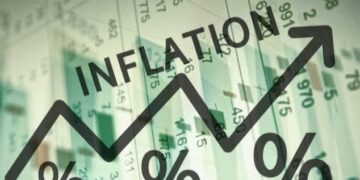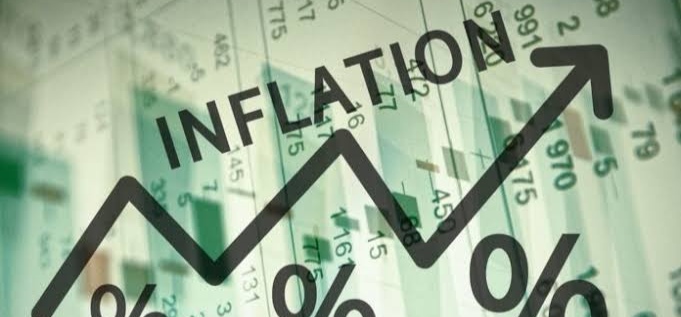By John Ikani
Recent inflation data published on Tuesday reveals that Nigeria’s annual inflation rate has surged for the seventh consecutive month, reaching an 18-year peak of percent in July 2023.
According to the data released by the National Bureau of Statistics (NBS) inflation rate rose to 24.08 percent for July 2023, up from 22.79 percent in the preceding month.
Meanwhile, the pace of food inflation quickened to 26.98 percent in July, compared to 25.25 percent in the previous month.
The report states, ‘Examining the trends, the July 2023 headline inflation rate displays a 1.29 percent point surge when compared with the June 2023 headline inflation rate.’
Economists had predicted that the inflation rate would experience a more pronounced uptick in July due to increased gasoline expenses resulting from subsidy removal and naira depreciation.
Financial Derivatives Company Limited’s analysts, under the guidance of economist Bismarck Rewane, highlighted in a recent economic bulletin, ‘Beyond the sustained rise in the overall price level, the inflation curve’s slope is intensifying (meaning the rate of inflation’s change is accelerating).
This suggests a growing impact from recent policy adjustments.’
The analysts went on to underscore that within a month, petrol prices rose twice – first to N488 per litre and subsequently to N617 per litre.
In addition, diesel prices surged by 5.88%, escalating from N680 per litre to N720 per litre. Furthermore, the naira hit a historic low of N893/$ on the parallel market.
Experts from Capital Economics argued that the withdrawal of fuel subsidies would lead to even quicker inflation growth than initially projected.
They remarked, ‘Our standpoint remains unaltered; the discontinuation of fuel subsidies will contribute about 4.5 percentage points to headline inflation. The repercussions of the naira’s depreciation will also continue to make an impact.’



































